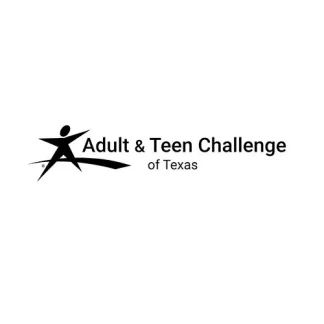Brazos Valley Men's Center
Brenham, Texas, 1306 North Park Street, 77833
Available Programs
- Adolescence program
- Program for men
- Young adult program
About this Facility
The Adult & Teen Challenge Brazos Valley Men’s Rehab Center is located in Brenham, Texas. Men 18+ years old receive room and board, group and individual biblical counseling, parenting classes, spiritual support, relapse prevention, anger management, drug and alcohol education, and social/recreational activities as well as vocational rehabilitation and a sober living for program graduates. Call us today to learn more.
Adult & Teen Challenge’s Brazos Valley Men’s Rehab Center was established is located in Brenham, TX. Located on five acres in Brenham, Texas, Freedom Hill is a large campus that features comfortable, home-like surroundings with laundry facilities, meeting room, dining room, break room with library, and kitchenette, as well as separate game room with pool table, air-hockey, and ping-pong table. It is located within walking distance of the historic downtown Brenham, several parks, restaurants, a grocery store, and business areas.
Most of the staff leadership are themselves graduates of the program. Men receive room and board, group and individual biblical counseling, parenting classes, spiritual support, relapse prevention, anger management, drug and alcohol education, and social/recreational activities as well as vocational rehabilitation and a sober living for program graduates.
Call us today to learn more or to enroll yourself or get help for a loved one.
Admission and tuition is free. Residents receive 24/7 housing, regular meals, transportation, mentoring, group counseling, Bible-based, educational curriculum, and our 13- week intensive life reconstruction course called The Ultimate Journey.
Contact us for more information: (979) 337-9696

Contact Brazos Valley Men's Center
Connect with Brazos Valley Men's Center by calling their admissions team directly.
(979) 337-9696 Website Get Directions